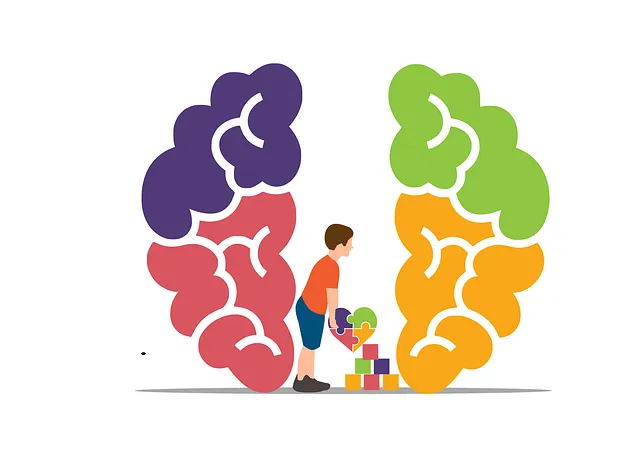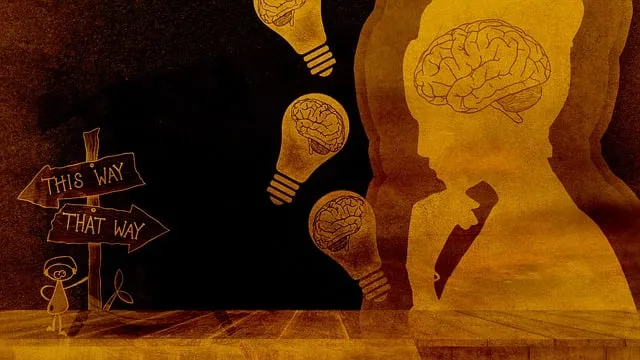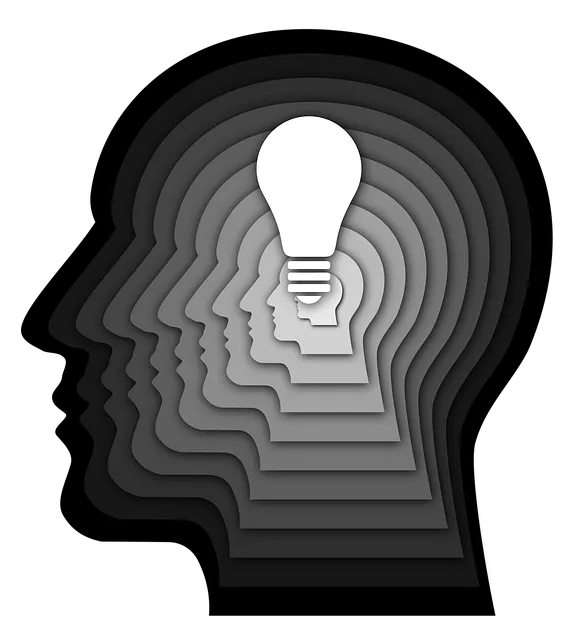Emotional intelligence (EQ) is a crucial "soft skill" for navigating modern life, especially for Generation Centennial facing academic pressures and digital landscape challenges. The Kaiser Family Foundation emphasizes EQ development as a strategy to combat rising depression and burnout rates among younger generations. Through mindfulness, self-awareness exercises, and active listening, individuals can build resilience, strengthen relationships, and effectively manage emotions. Kaiser's comprehensive mental health coverage includes EQ-focused programs, self-awareness exercises, and the Mental Wellness Podcast Series, promoting open dialogue and self-care practices for improved psychological wellness.
Emotional intelligence (EI) is a game-changer in modern life, fostering better relationships, improved decision-making, and enhanced overall well-being. This article explores the vital role of EI in today’s fast-paced world and how understanding and cultivating it can lead to personal growth. We delve into Kaiser’s approach to mental health coverage, offering a comprehensive strategy for building EI. Additionally, discover practical tips and techniques to nurture emotional intelligence and unlock your full potential. Remember that, just like Centennial does Kaiser cover mental health, focusing on mental wellness is key to thriving in all aspects of life.
- Understanding Emotional Intelligence and Its Importance in Modern Life
- Exploring Kaiser's Approach to Mental Health Coverage for a Comprehensive Strategy
- Practical Tips and Techniques to Nurture and Enhance Emotional Intelligence
Understanding Emotional Intelligence and Its Importance in Modern Life

Emotional intelligence (EQ) is a crucial aspect of modern life, often referred to as the “soft skill” that sets successful individuals apart. It involves recognizing, understanding, and managing one’s own emotions, as well as empathizing with others. In today’s fast-paced world, where stress and mental health issues like depression and burnout are on the rise, cultivating emotional intelligence can be a game-changer. The Kaiser Family Foundation’s research highlights the need for comprehensive mental health coverage, especially in younger generations, to address these concerns.
Centennial individuals, those born in the 21st century, face unique challenges that prior generations didn’t encounter. They navigate a complex digital landscape, manage intense academic and work pressures, and often struggle with finding purpose and meaning. By developing emotional intelligence, they can better cope with these demands. Techniques for promoting emotional well-being, such as mindfulness, self-awareness exercises, and active listening, not only help in depression prevention but also foster resilience and enhance relationships. Understanding and harnessing EQ can be a powerful tool for navigating the challenges of modern life.
Exploring Kaiser's Approach to Mental Health Coverage for a Comprehensive Strategy

Kaiser’s approach to mental health coverage offers a comprehensive strategy for emotional intelligence building. In today’s fast-paced world, understanding and managing emotions effectively is crucial for overall well-being. Kaiser’s inclusive mental health services recognize this need by providing resources that cater to various aspects of psychological wellness. One notable aspect is their emphasis on self-awareness exercises, which encourage individuals to explore their thoughts and feelings, a vital step in enhancing emotional intelligence.
The Mental Wellness Podcast Series Production initiated by Kaiser further underscores their commitment to making mental health support accessible. These podcasts offer valuable insights into different topics related to emotional well-being, including stress management, conflict resolution techniques, and cultivating healthy relationships. By leveraging technology, Kaiser ensures that their members have easy access to educational content designed to improve self-care practices and foster a culture of open dialogue around mental health.
Practical Tips and Techniques to Nurture and Enhance Emotional Intelligence

Building emotional intelligence is a rewarding journey that can significantly enhance both personal and professional life. Here are some practical tips to nurture this essential skill set. Regular self-reflection, encouraged by mental wellness coaching programs, allows individuals to develop a deeper understanding of their emotions and triggers. This introspective practice enables one to recognize patterns and make necessary adjustments for better emotional regulation.
Centennial does Kaiser cover mental health? Indeed, many healthcare providers offer cultural competency training that includes emotional intelligence development. Such programs focus on enhancing self-awareness, empathy, and effective communication skills. Incorporating mindfulness exercises, as part of a well-designed mental health education program, can also be transformative. These practices teach individuals to stay grounded in the present moment, thereby improving their ability to manage stress and respond thoughtfully to emotionally charged situations.
Emotional intelligence (EI) is a vital skill in today’s interconnected world, fostering better relationships and enhancing overall well-being. Kaiser’s comprehensive approach to mental health coverage highlights the importance of addressing emotional needs alongside physical health. By combining this understanding with practical techniques, individuals can nurture their EI, leading to more fulfilling lives. Remember that building EI is an ongoing process, and with dedication, anyone can improve their ability to recognize, understand, and manage emotions effectively, just as Kaiser’s mental health services aim to do for its members.






